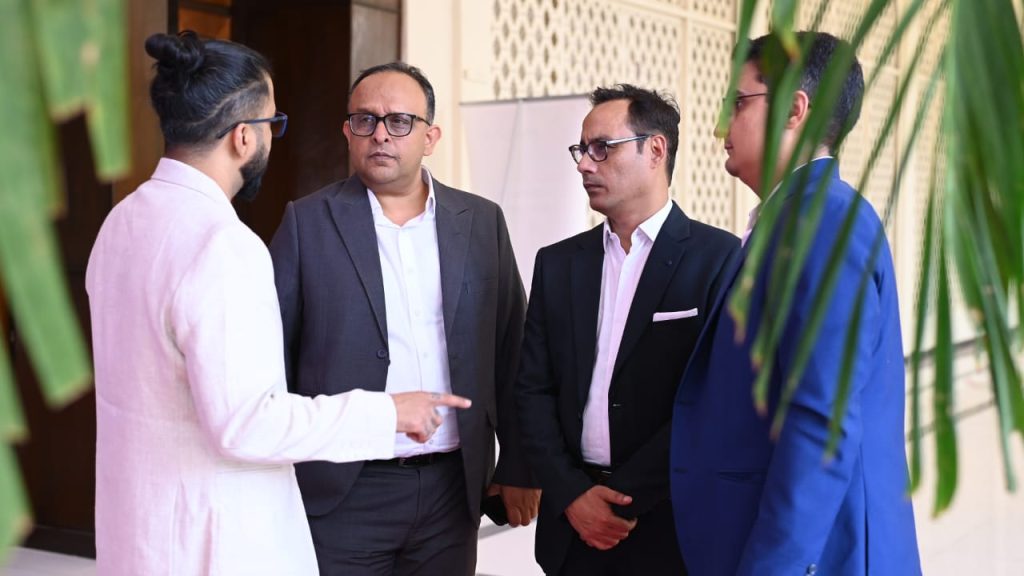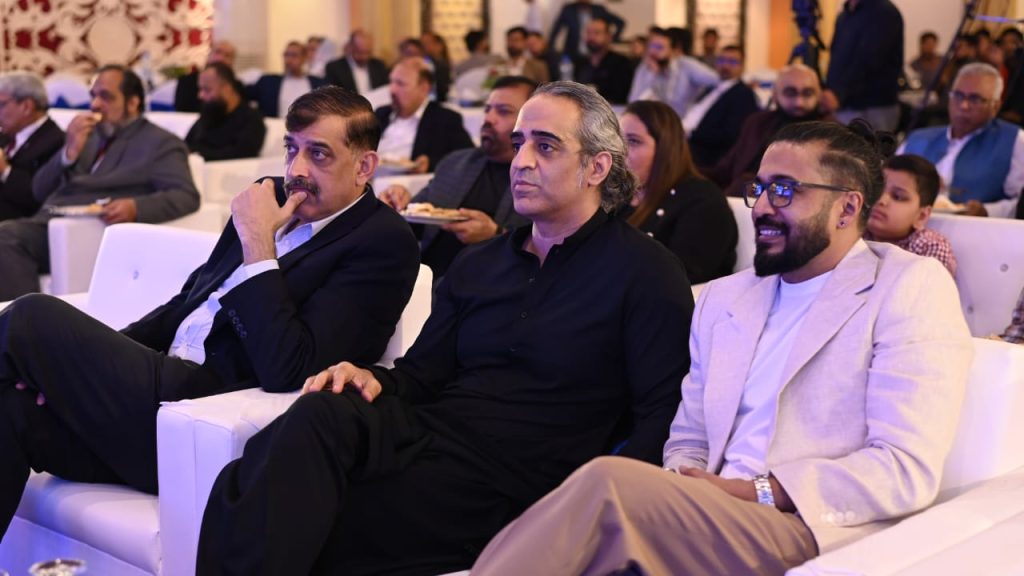There are years where nothing happens, and then there are weeks where decades occur. July 2025, for Pakistan, became one of those rare intersections in time when the tides turned subtly, but decisively.
Pakistan, often left off maps in global tech conversations, announced two headlines in the same month that were hard to ignore:
- The arrival of AAAI, the world’s most prestigious AI organization, with its Pakistan Chapter officially launched
- The cabinet-level approval of Pakistan’s National AI Policy, laying the foundation for a structured digital transformation
In a year that began with yet another round of geo-political sabre-rattling with India, Pakistan responded not with escalation—but with evolution.
Between Hype and Reality
For years, the AI space in Pakistan has been loud, but largely superficial. Influencers paraded titles, panels echoed buzzwords, and institutions floated vague ideas. Among the hype, Zahanat AI promised a national LLM that never materialized. PAKGPT generated podcasts and applause but lacked any product roadmap. The noise often drowned the silence of real builders.
So it came as a surprise when Pakistan suddenly got listed among just four nations recognized by the AAAI Chapter Program. India had one but lost it. China tried but failed. Even in the U.S., forming a chapter requires IRS filings, governance structures, annual activity logs.
Pakistan got in.
And at the center of it stood a man most people had only known online: Muhammad Tahir Ashraf, known to the tech community as BeyondTahir.
The Man They Now Name

He is not a media darling. He doesn’t arrive at events with fanfare. Yet his track record, now under scrutiny from both national press and the global AI community, is hard to contest.
Tahir is:
- The Chairperson of AAAI Pakistan
- Founder of PureDesigners, an IBM Silver Partner agency
- An official IBM AI Coach and Trainer (Credly Certifications)
- Creator of BeyondShield, an active AI surveillance system used in Pakistan’s high-risk zones
- Architect of BeyondCoin, the country’s first AI-powered blockchain community platform (beyondcoin.ai)
If this sounds like fiction, you’re not alone.
“We thought he was just another guy with a camera and a Canva license,” one university professor in Lahore said. “Turns out, he was writing the story while we were talking about it.”
A Landscape Still Healing
This praise comes cautiously, because the wounds in Pakistan’s AI journey are still fresh. For every milestone like BeyondShield, there were half-finished efforts. Hackathons with no follow-up. Policies passed, but never funded.
The most stinging failure? A lack of credible infrastructure. No national compute cloud. No Urdu-first LLM. No open-source AI datasets.
But Tahir doesn’t sell utopia. In his words:
“We don’t need to catch up with the West. We need to leap differently.”
And perhaps, that is exactly what he’s doing.
The Multinet Revelation
At the official AAAI Pakistan launch in July 2025, Multinet, Pakistan’s largest fiber optic provider, made a surprise announcement. They are co-developing the country’s first cloud native AI infrastructure. Their compute platform will power LLMs being developed by PureDesigners.
“This will be our own Pakistani AI engine, not something repurposed from open-source junk,” said a Multinet executive, who requested anonymity due to NDAs.
What this means: for the first time, Pakistan may have both the technical infrastructure and organizational legitimacy to develop serious AI systems beyond brochures.
Critics Still Ask

Despite the fanfare, skeptics are vocal. “This is all still dependent on one man,” some argue. “What happens if he walks away?”
It’s a fair question.
The AAAI Pakistan Chapter is structured and compliant, but young. The AI Policy is promising, but implementation remains uncertain. GPAI, the international AI coalition Pakistan now hopes to join, requires legal reforms, investment, and diplomatic finesse.
Tahir, however, appears to have thought ahead.
He’s organizing the first National AI Conference in March 2026. He’s proposed a Multi-Stakeholder AI Council with government, academia, and startups. He’s pushing for Pakistan’s formal inclusion in GPAI, backed by letters of endorsement from India, Canada, and EU partners.
From Outskirts to Center Stage
What’s most interesting about Tahir isn’t just his resume. It’s how he operates. Not from capital cities or global headquarters, but from an office in Bahria Town Karachi, a private real estate suburb with little state footprint.
That might be the story of Pakistan’s AI moment in a nutshell:
Not driven by government alone. Not led by imported frameworks. But growing, like weeds through concrete, in places you least expect.
AAAI recognized that. IBM backed that. Now the question is: will Pakistan fund that?
The Final Scene
Alice Munro once wrote:
“The constant happiness is curiosity.”
That curiosity now belongs to a generation of Pakistanis watching as one of their own reshapes their country’s place in the world.
They are skeptical. They are hopeful. But more than anything, they are watching.
Because if this chapter is real, if this policy lives beyond press releases, if this cloud platform comes alive—then Pakistan won’t just join the AI race. It might just change the rules.

